
Coffee may provide a quick energy boost, but its effects fade fast and often leave behind a crash. For sustained stamina and sharper focus, nutrition plays a more powerful role. Certain foods fuel the body with slow-release energy, vital nutrients, and compounds that support mental alertness. These everyday options go beyond caffeine by nourishing the body in ways coffee cannot. Here are 19 foods proven to fight fatigue and keep energy levels steady throughout the day.
Bananas
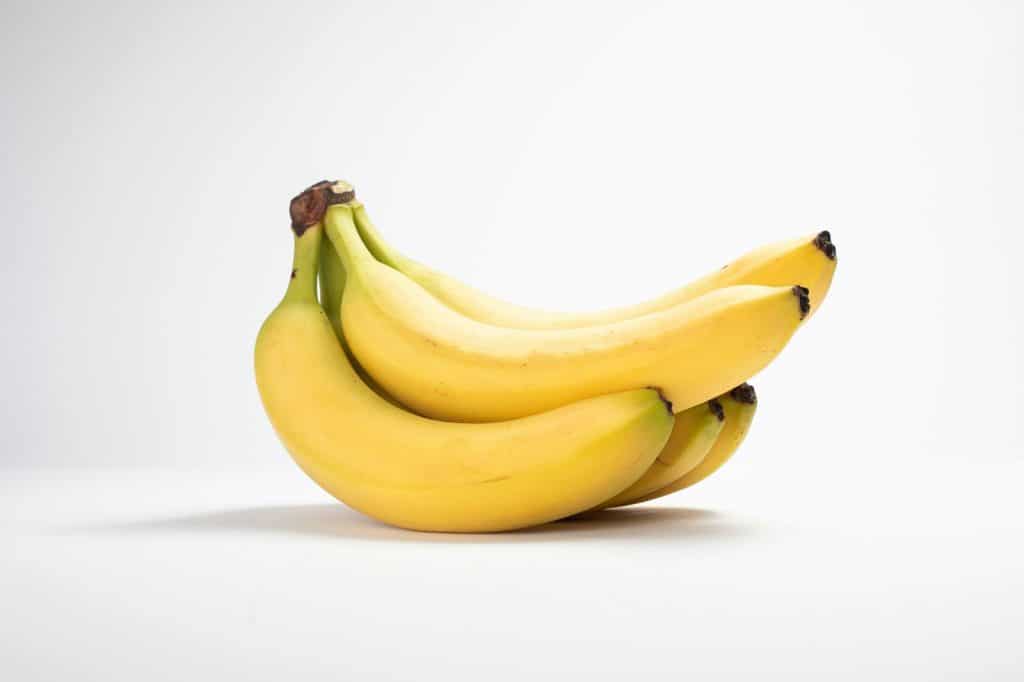
Bananas are rich in complex carbohydrates, potassium, and vitamin B6, all of which help maintain energy balance. Unlike processed sugar, their natural sweetness provides slow-burning fuel. Potassium also supports proper muscle function, reducing feelings of weakness or tiredness. A banana makes for a quick, portable snack. Its combination of carbs and nutrients makes it one of the best fatigue-fighting fruits.
Oranges
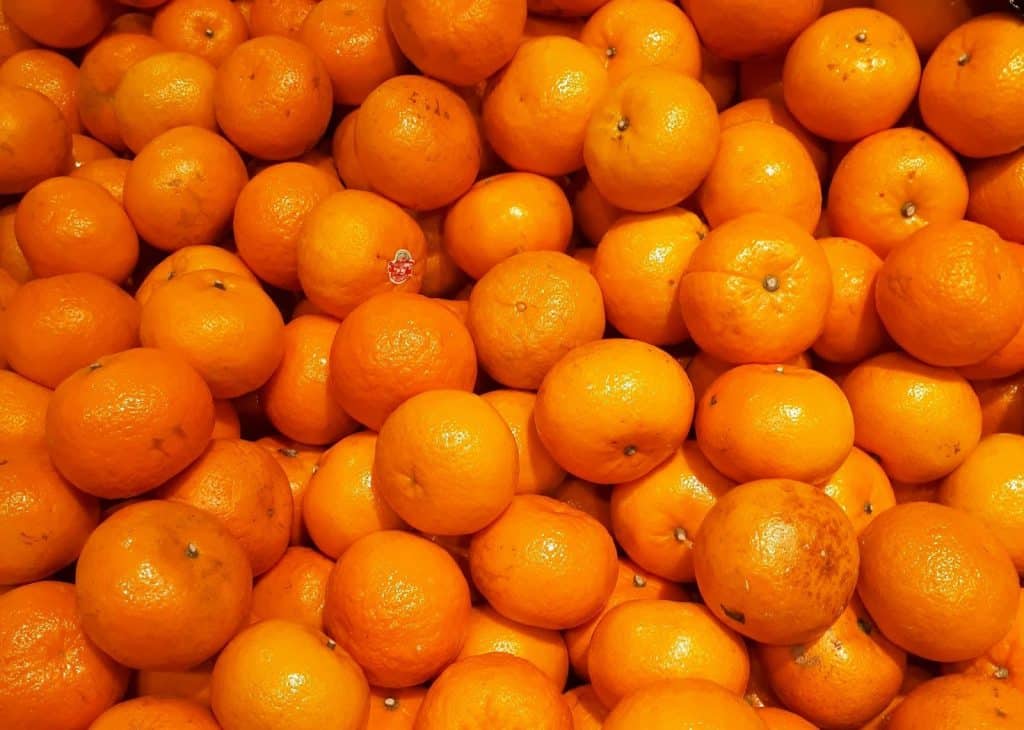
Citrus fruits like oranges provide vitamin C, which helps the body absorb iron, essential for preventing fatigue linked to anemia. The natural sugars in oranges are paired with fiber, preventing energy spikes and crashes. Their hydration factor also supports stamina throughout the day. Eating oranges or drinking fresh juice can refresh both the body and mind. This fruit is a natural pick-me-up without the downsides of caffeine.
Apples
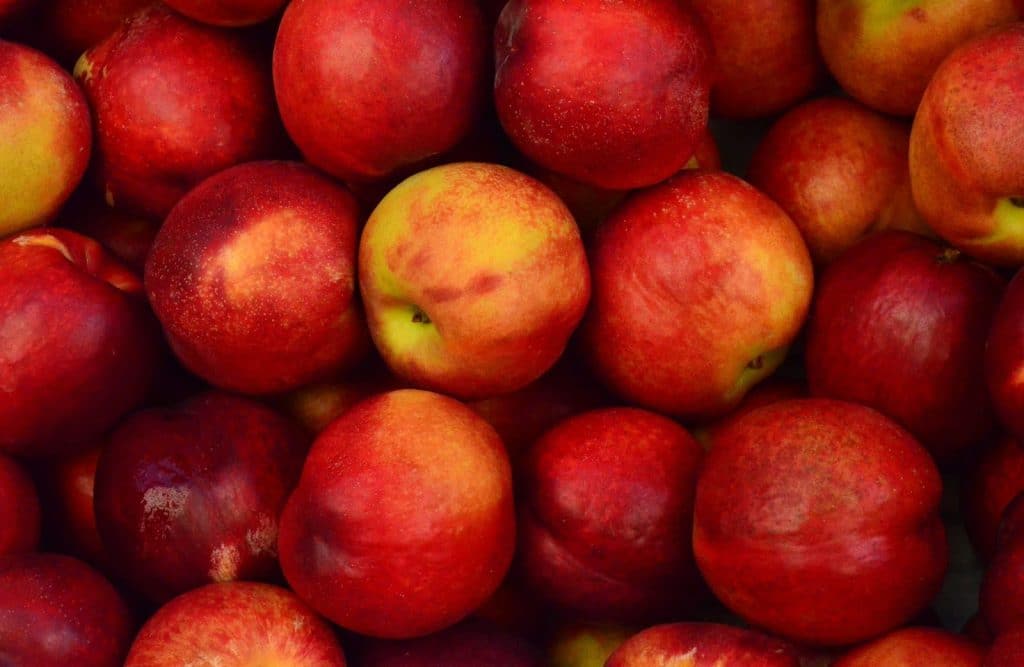
Apples deliver fiber and natural sugars that release energy gradually. Their antioxidants help reduce oxidative stress, which can contribute to feelings of fatigue. Eating an apple mid-morning can prevent energy dips before lunch. They’re also hydrating, which supports alertness. This balance of fiber and nutrients makes apples a simple but effective energy food.
Berries
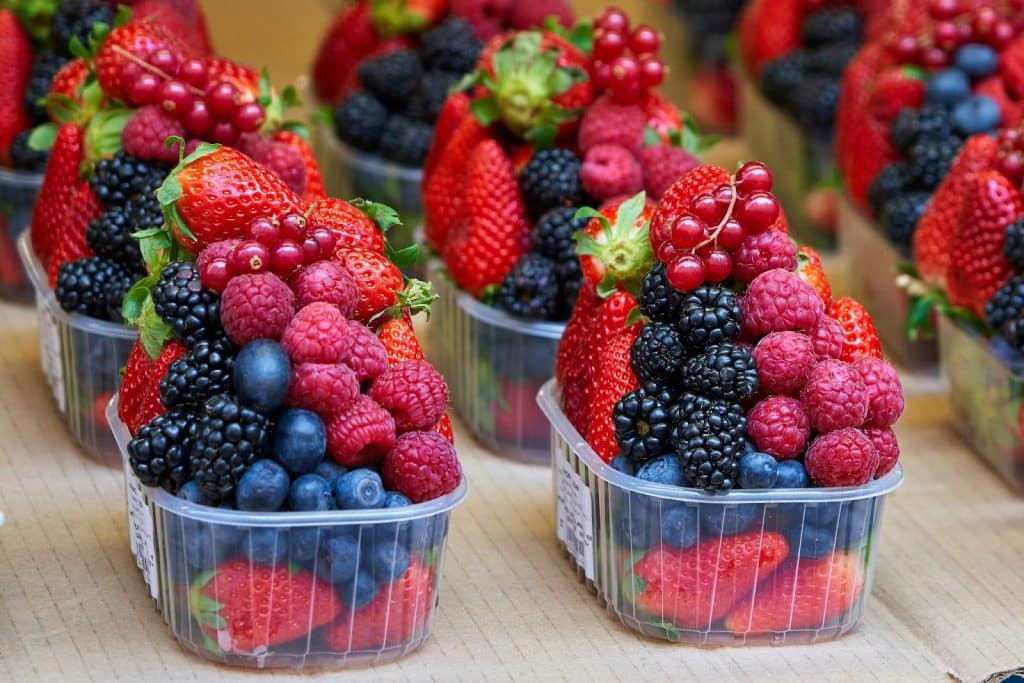
Blueberries, strawberries, and raspberries are packed with antioxidants and vitamins that support brain function. Their natural sugars provide a light boost without a crash. The antioxidants combat inflammation, often linked to chronic tiredness. Adding berries to breakfast or snacks helps sustain focus. They offer a refreshing and nutrient-rich way to fight fatigue naturally.
Spinach
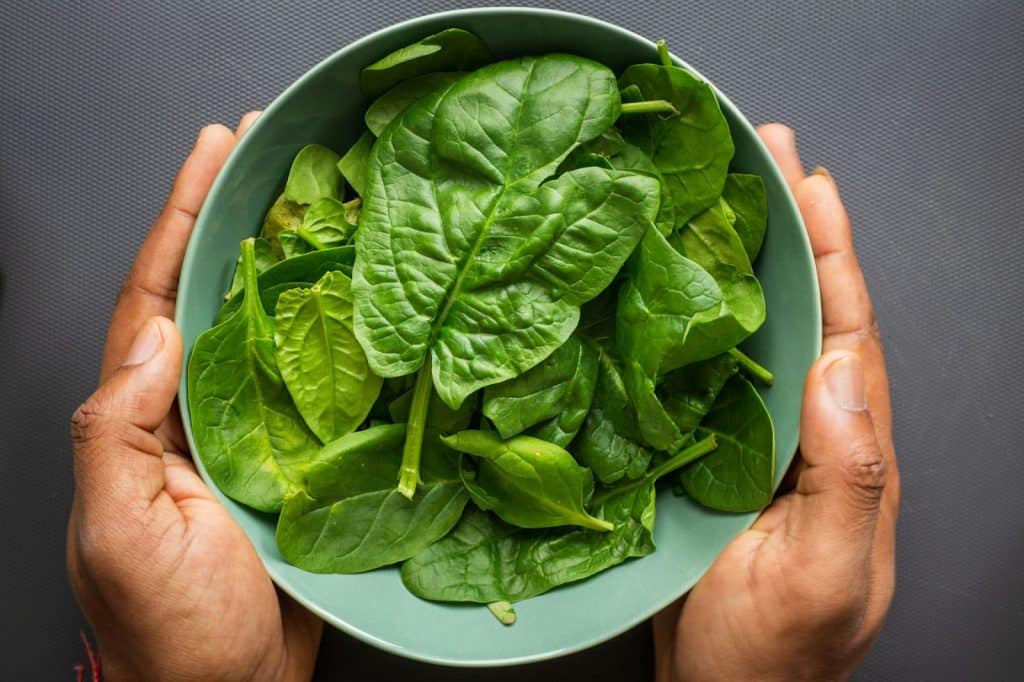
Spinach is loaded with iron, magnesium, and folate, nutrients essential for producing energy in cells. Iron deficiency is one of the leading causes of fatigue, and spinach helps close that gap. Magnesium supports muscle function and reduces tiredness. Spinach can be added to smoothies, salads, or cooked meals easily. Its nutrient density makes it a powerhouse against fatigue.
Beets
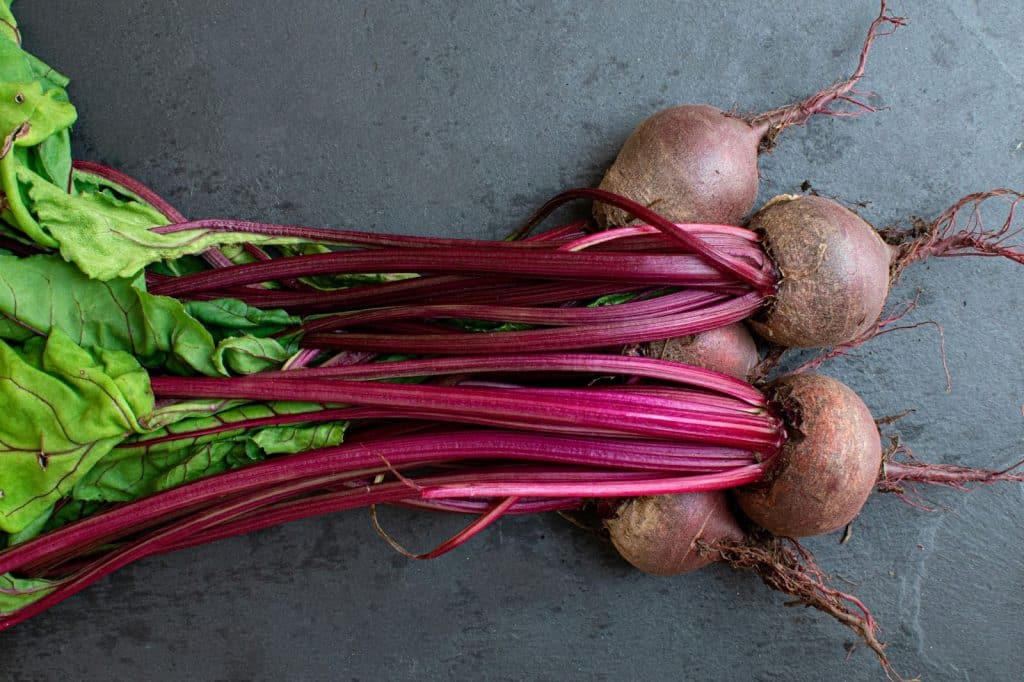
Beets contain nitrates that improve blood flow and oxygen delivery, boosting stamina and endurance. Athletes often use beet juice to improve performance and reduce fatigue. Their natural sugars provide steady energy without spikes. Beets also contain antioxidants that reduce inflammation. This vegetable is both energizing and restorative for tired bodies.
Sweet Potatoes
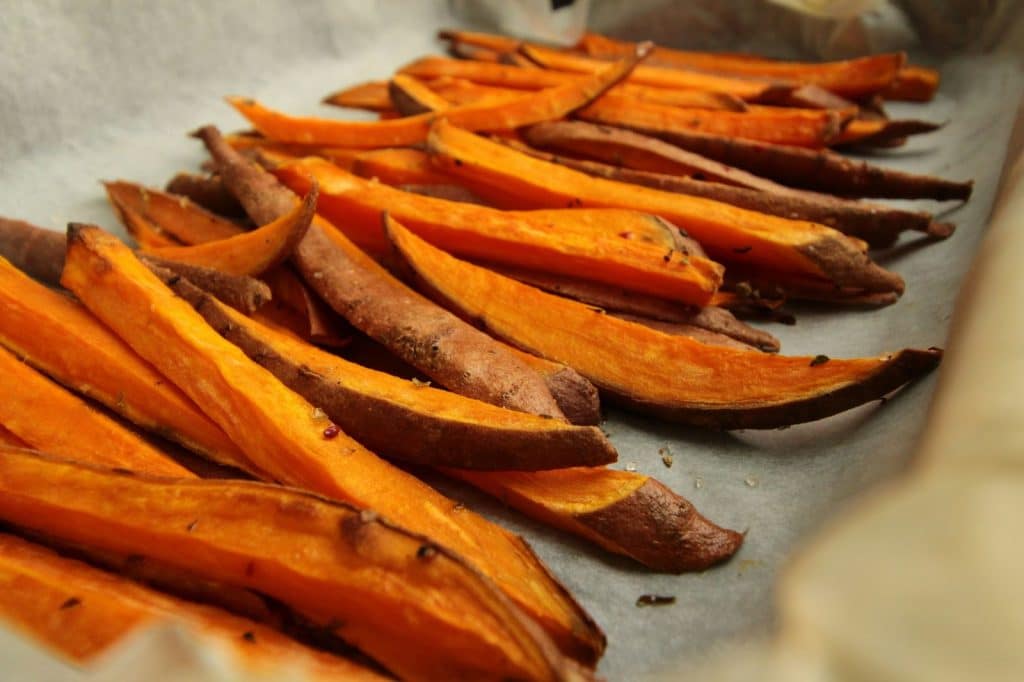
Sweet potatoes provide complex carbohydrates and fiber, releasing energy slowly over time. They’re rich in vitamin A, vitamin C, and manganese, all of which support metabolism. Their slow-digesting carbs prevent crashes, making them a strong alternative to quick-fix snacks. Sweet potatoes also keep blood sugar stable, reducing energy swings. They’re an excellent fatigue-fighting staple for any diet.
Salmon
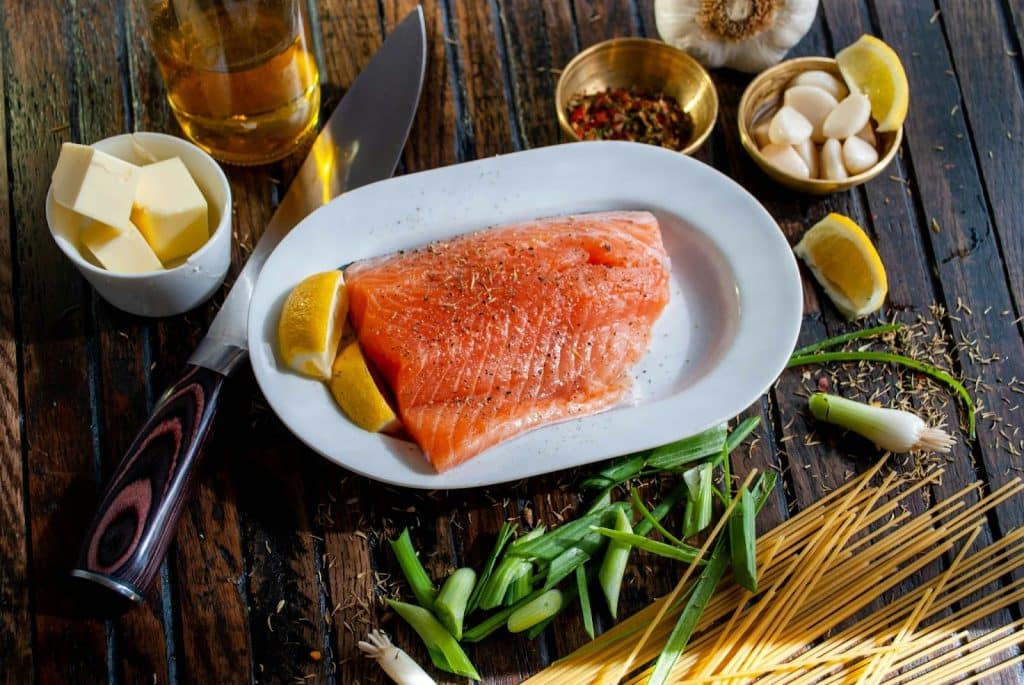
Salmon is packed with omega-3 fatty acids, protein, and vitamin D, which collectively support brain health and energy production. Omega-3s improve circulation and reduce inflammation, both of which can lower fatigue levels. Protein provides lasting fullness and energy. Salmon’s nutrient profile supports mental clarity as well as physical stamina. A regular serving can help reduce chronic tiredness.
Eggs

Eggs are rich in protein, iron, and B vitamins, especially B12, which is essential for energy metabolism. They provide sustained energy without a crash. The amino acids in eggs also aid muscle repair, reducing fatigue from physical exertion. Whether boiled, scrambled, or poached, eggs are versatile. They remain one of the most nutrient-dense ways to fuel the body naturally.
Almonds
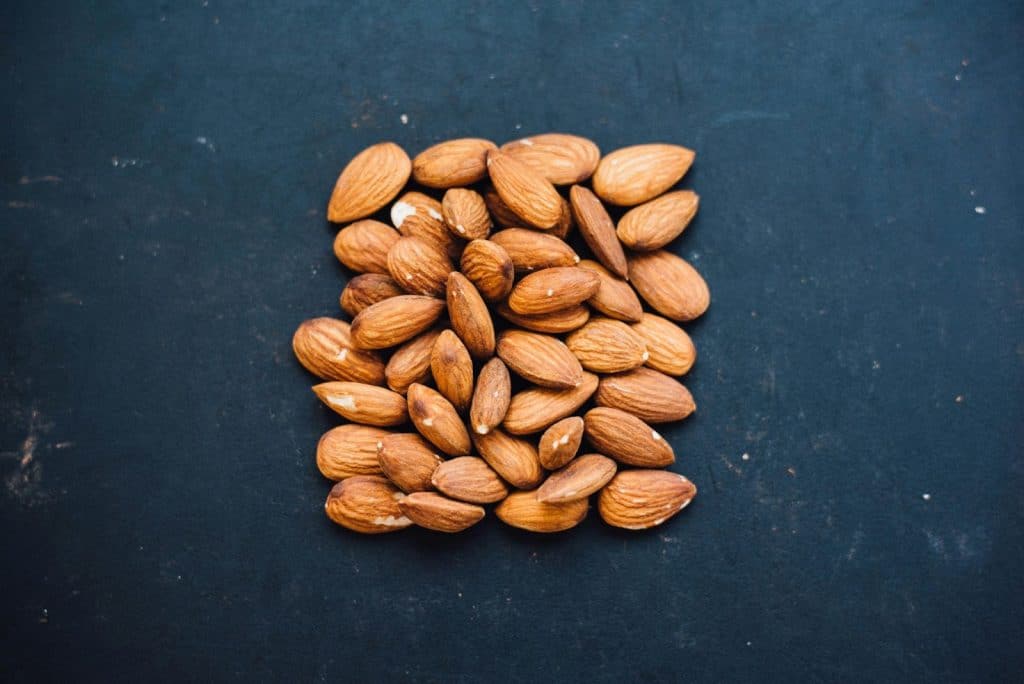
Almonds provide protein, healthy fats, and magnesium, a mineral linked to reducing fatigue. They also contain riboflavin and manganese, which help convert food into energy efficiently. A handful of almonds makes for a portable, sustaining snack. Their balance of macronutrients prevents energy dips between meals. This nut is small but powerful in keeping stamina high.
Pumpkin Seeds
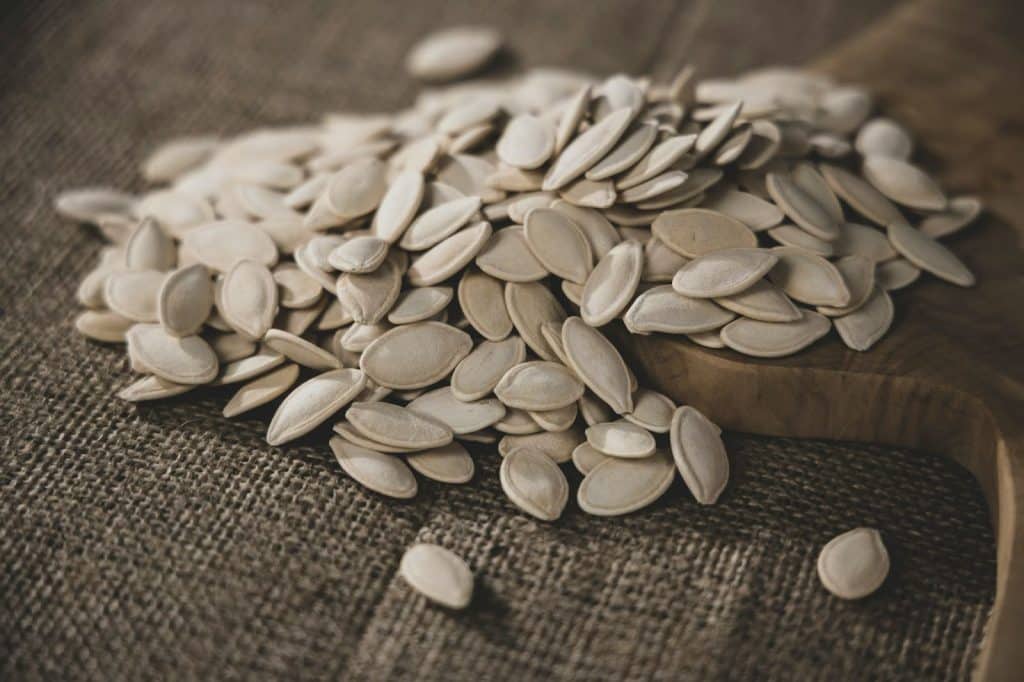
Pumpkin seeds are rich in iron, zinc, and magnesium, all critical minerals for fighting tiredness. They also provide protein and healthy fats, making them a balanced energy source. Their iron content is particularly helpful for those prone to fatigue from anemia. Pumpkin seeds can be eaten on their own or added to salads and yogurt. They’re a compact but potent fatigue fighter.
Quinoa
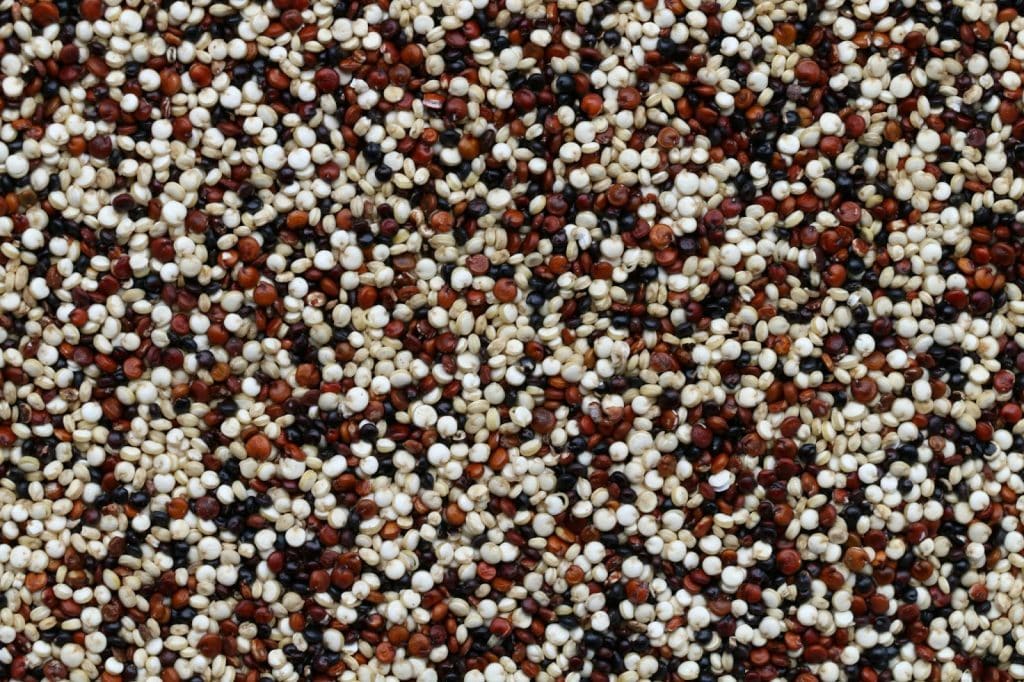
Quinoa is a complete protein, containing all nine essential amino acids. Combined with fiber and complex carbohydrates, it releases energy slowly and steadily. Its magnesium and iron content also support metabolism and oxygen transport. Quinoa is easy to use as a base for meals or salads. This grain is ideal for long-lasting energy without spikes or crashes.
Oats
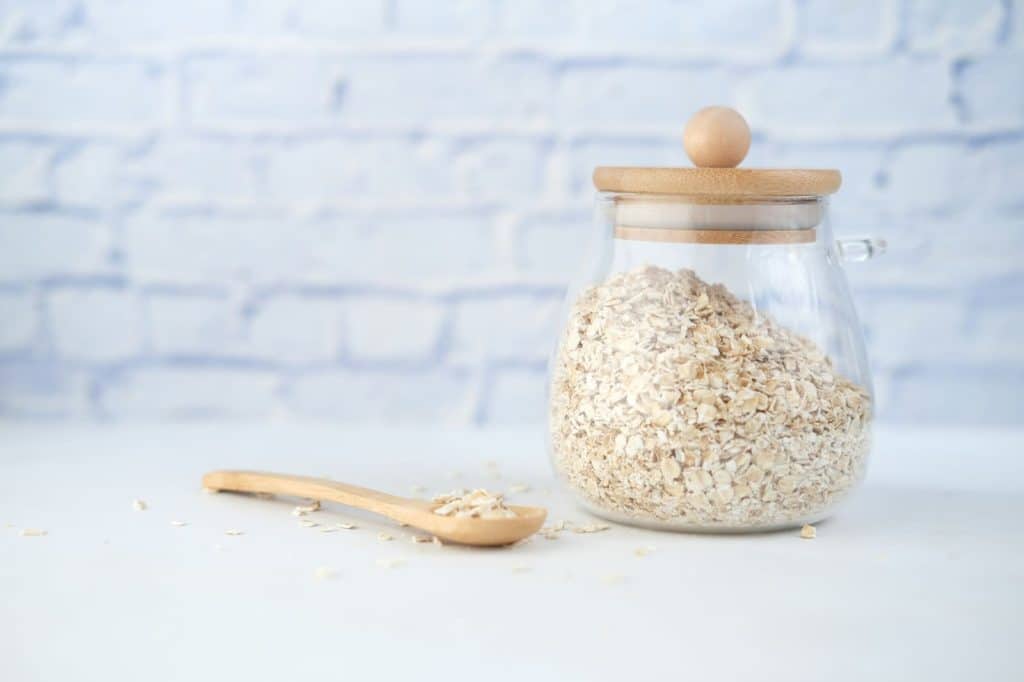
Oats are loaded with fiber and complex carbs, making them a slow-release energy food. They also provide B vitamins that play a key role in converting food into usable energy. A bowl of oats in the morning can sustain alertness for hours. Oats also help regulate blood sugar levels, reducing mid-morning fatigue. They are one of the most effective breakfast staples for stamina.
Lentils
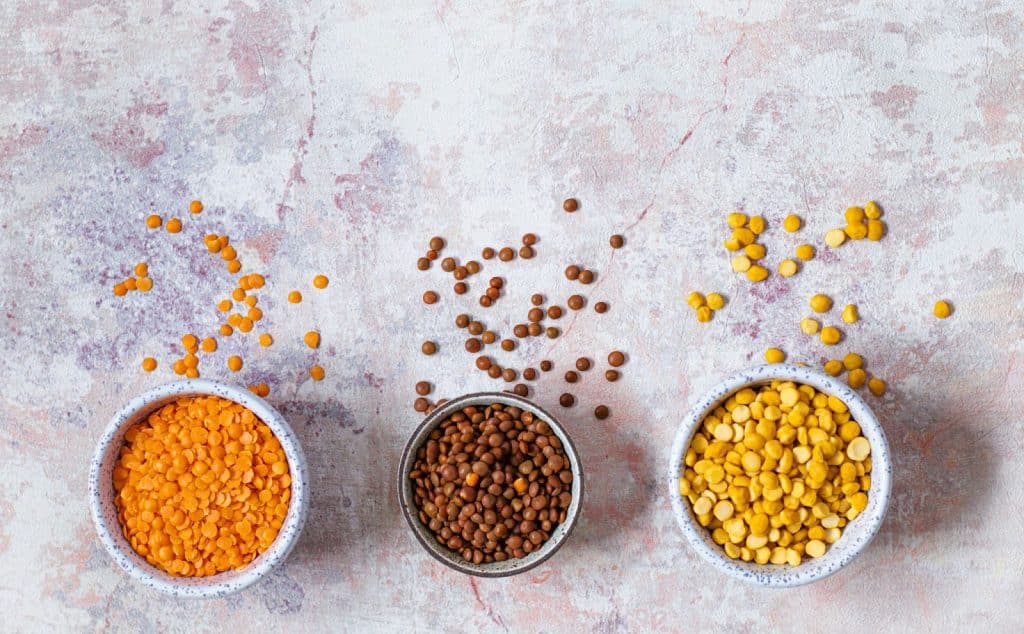
Lentils are rich in iron, protein, and fiber, all essential for sustained energy. Their slow-digesting carbs provide endurance throughout the day. Iron from lentils helps prevent anemia-related fatigue. They’re also versatile, fitting into soups, salads, and main dishes. Lentils offer affordable and powerful energy support.
Greek Yogurt
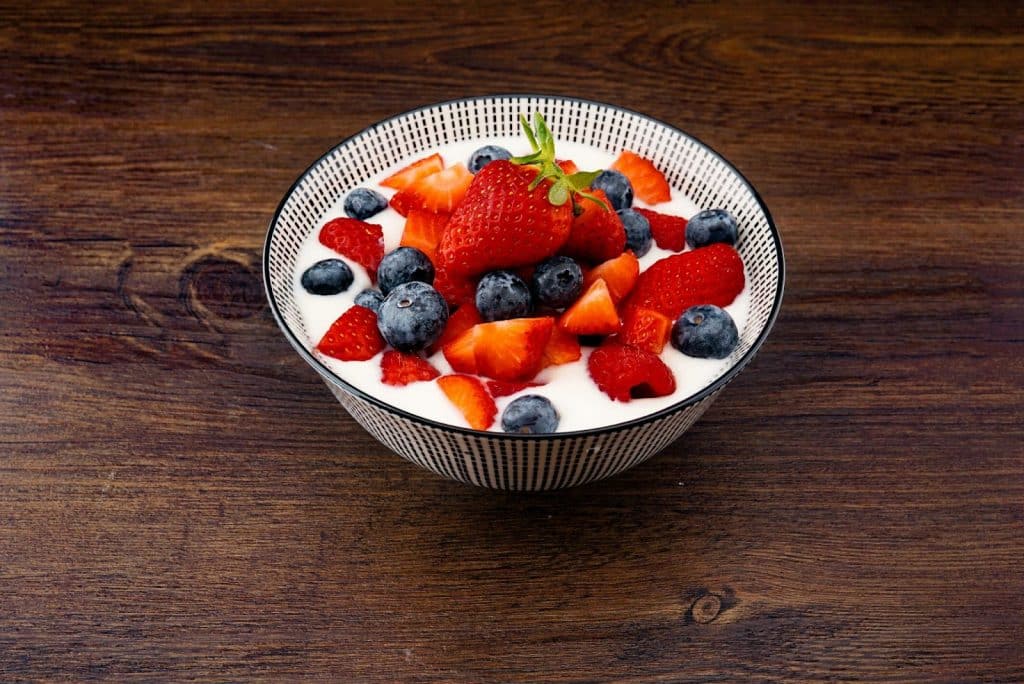
Greek yogurt combines protein with probiotics, which support digestion and overall energy balance. Its protein content helps maintain stamina by preventing blood sugar spikes. The probiotics promote gut health, linked to better nutrient absorption and reduced fatigue. Pairing yogurt with fruit adds natural sugars and vitamins for a balanced snack. It’s a refreshing, energizing option.
Dark Chocolate
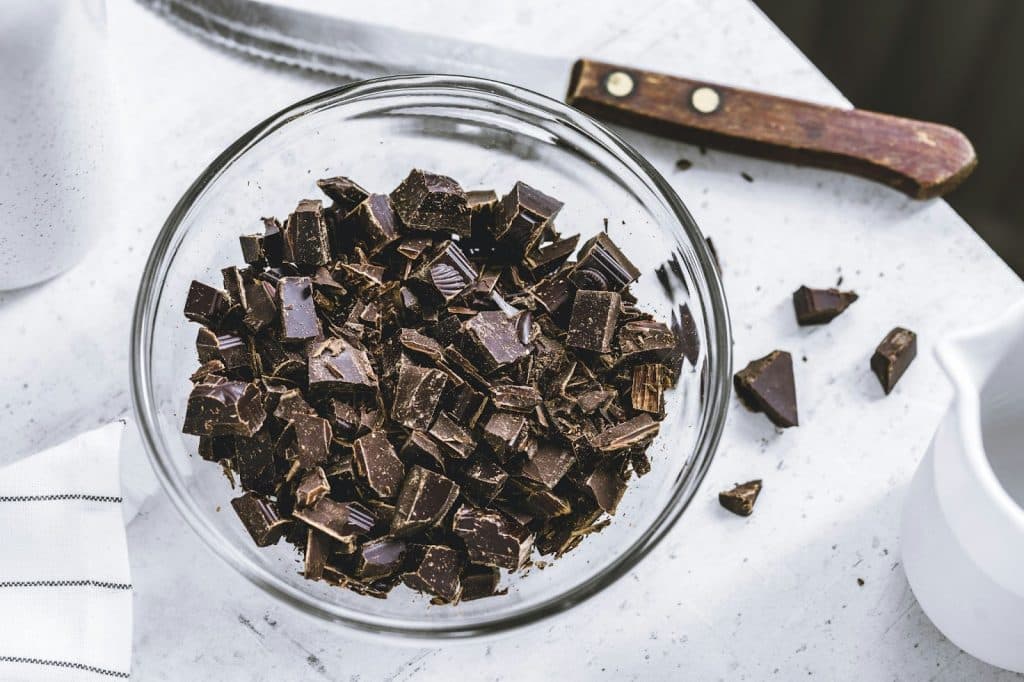
Dark chocolate in moderation can reduce fatigue through caffeine, theobromine, and antioxidants. Its natural stimulants improve alertness without the heavy crash of coffee. Antioxidants also combat oxidative stress, a cause of chronic tiredness. Choosing varieties with higher cocoa content maximizes benefits. A small piece can boost energy while satisfying cravings.
Green Tea

Green tea contains less caffeine than coffee but combines it with L-theanine, which provides calm, focused energy. This combination avoids the jittery spike that coffee often creates. Its antioxidants also support brain function and reduce fatigue-related inflammation. Green tea hydrates while energizing, making it an ideal daily choice. It is a lighter but effective alternative to coffee.
Watermelon
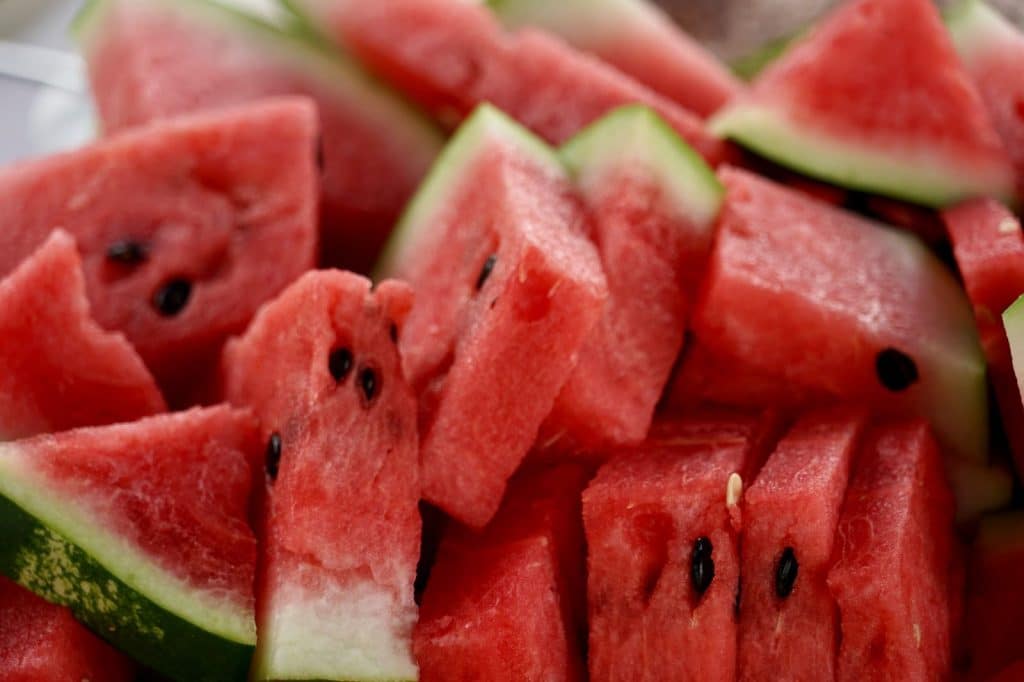
Dehydration is a common but overlooked cause of fatigue. Watermelon provides hydration along with natural sugars and electrolytes. Its high water content refreshes the body and prevents tiredness. Eating watermelon during hot days or after exertion helps restore energy. It’s a simple, natural way to beat fatigue without caffeine.
Conclusion

Fighting fatigue requires more than a quick caffeine boost. Foods rich in complex carbohydrates, healthy fats, protein, vitamins, and minerals provide lasting stamina without the crash. From fruits like bananas and oranges to powerhouses like salmon, quinoa, and pumpkin seeds, these everyday options fuel both body and mind. By adding them to daily meals, energy becomes steady and reliable. Small nutritional choices can make a big difference in keeping fatigue away naturally.


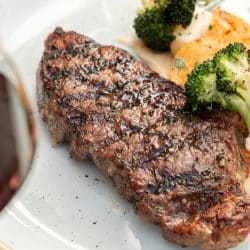
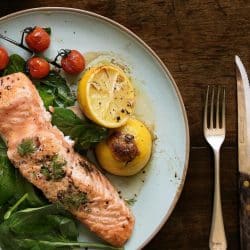


Ask Me Anything